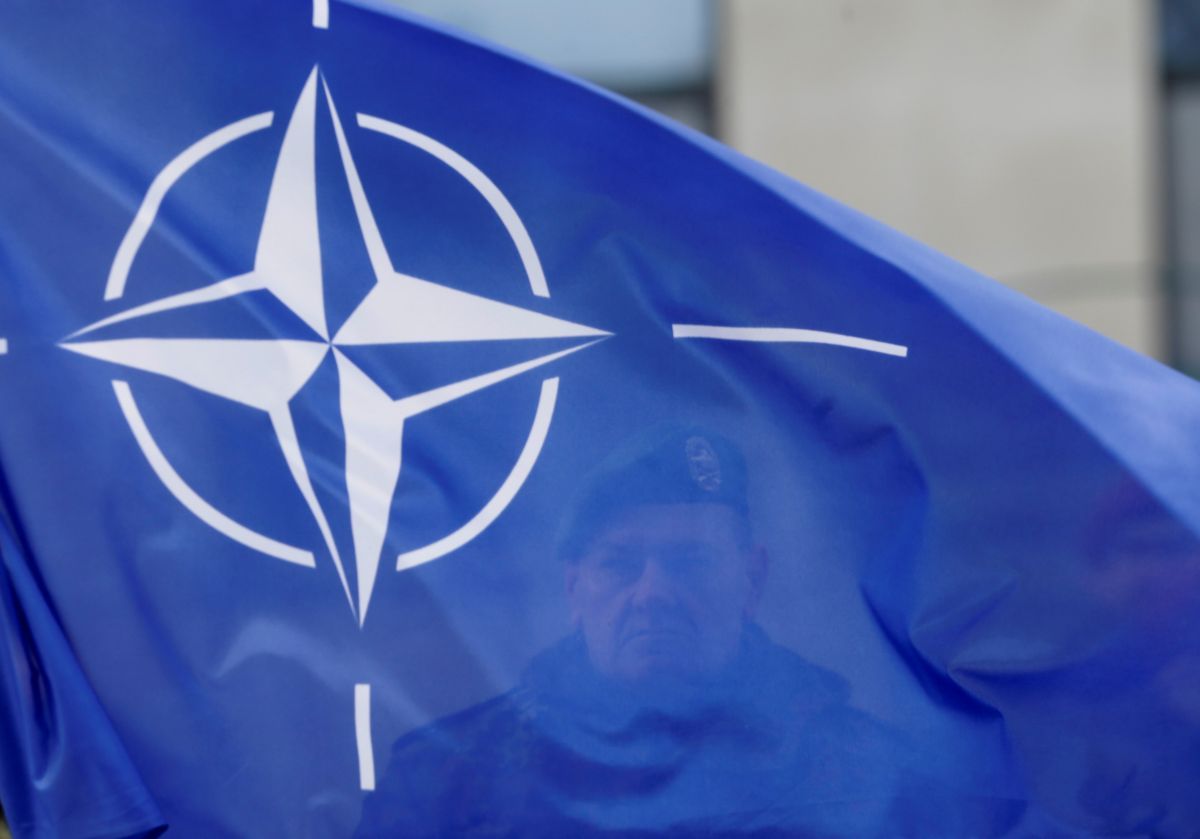
Speaking at a POLITICO Brussels Playbook breakfast Monday, General Petr Pavel, chairman of the NATO Military Committee, said that while Russia's intentions were not necessarily clear, its growing military prowess was undeniable.
"We in uniform, we define the threat based on two major elements. One is the capability, the other is the intent," Pavel told POLITICO's Ryan Heath. "When it comes to capability there is no doubt that Russia is developing their capabilities both in conventional and nuclear components. When it comes to exercises, their ability to deploy troops for long distance and to use them effectively quite far away from their own territory, there are no doubts."
The Kremlin's intentions were less clear, he said. "When it comes to intent, it's not so clear because we cannot clearly say that Russia has aggressive intents against NATO," the general said.
Still, he noted Russia's increasing military presence and made reference to reports of the stationing of nuclear-capable intercontinental ballistic missiles in Kaliningrad and Crimea.
"There are elements that have to worry us and we have to stay ready," Pavel said. "So we take this even potential threat very seriously. We do everything possible to be ready both in terms of capabilities and readiness, to face any potential threat that would mirror the situation we know from Crimea, from eastern Ukraine, not to be repeated against any NATO ally."
He added: "We also observe an increased and more assertive attitude in both political and military leadership talking about taking all necessary measures to face NATO military build-up. We face a huge modernization of all Russia military."
Read alsoSwedish experts believe Russia can use nuclear weapons in regional conflictIn addition to the threat from Russia, Pavel said that NATO was working to increase its efforts on counter-terrorism and that the alliance did not have the luxury of focusing only on threats from state actors.
Officials at NATO viewed strong relations with Turkey as a priority, he said, even as political ties between Ankara and other NATO allies have been deeply strained.
After a failed coup attempt last summer, scores of Turkish NATO officers were purged from the military, with some arrested and others choosing to appeal for asylum in Europe.
Pavel said that NATO allies judged it important to see events in Turkey "in context" and it was likely Turkey feels "more threatened than other nations" when it comes to internal security.
"Turkey is exposed to both major challenges that NATO is now facing, that is, on the one hand, a state actor, Russia, on the other hand, non-state actors, extremism, terrorism and migration," he said. "All these severely affect Turkey directly."
"We see Turkey as an important NATO ally that needs to be supported," he said.
NATO defense ministers are due to meet in Brussels later this week.

